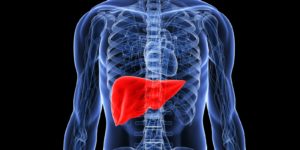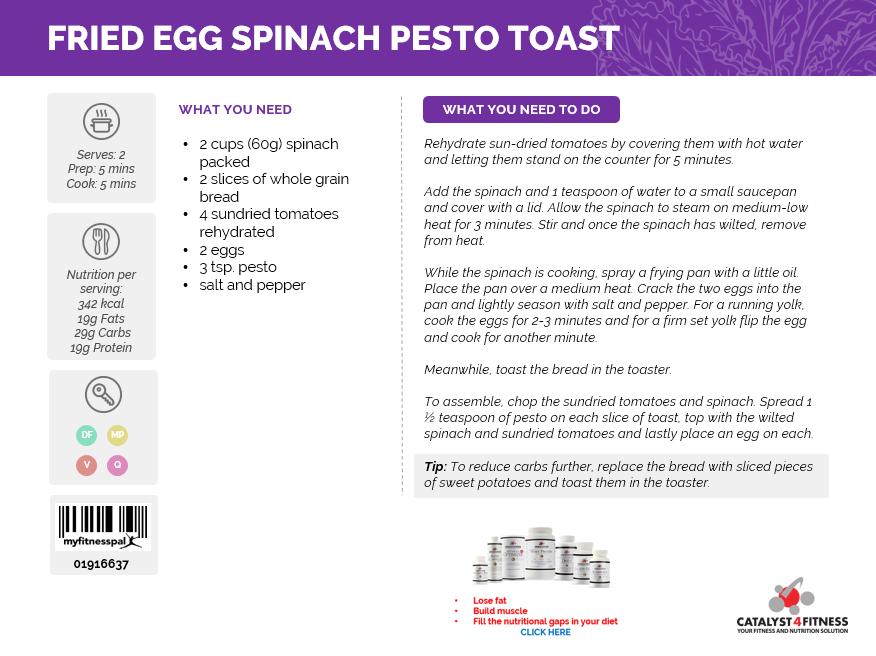Liver Detox
Liver detox isn’t simply staying away from alcohol for a period of time. If you are like most people, you don’t often think about your liver, but if you are interested in living as healthy as possible, attending to your liver can have big payoffs.

Named after the Old English word for “life,” the liver is a critically important part of your body. Its functions include:
- Controlling blood sugar
- Regulating fat storage
- Producing proteins
- Cleansing the blood
- Metabolizing fat
- Producing energy
However, if toxins clog and overwhelm the liver, it will cease to perform its functions correctly. If the liver cannot cleanse toxins from the body effectively, those toxins can trigger an immune response which not only can burden the immune system but possibly lead to autoimmune diseases such as arthritis.
You may also find that weight control becomes much more difficult as a result of a backed-up liver. Blood sugar control, fat storage, and metabolism are all critical factors in weight management, and your liver is a key player in this delicate balance. A toxic liver cannot keep up with its metabolic functions if it is unhealthy.
Other symptoms of liver overload are food allergies, high cholesterol, high blood pressure, skin conditions, and digestive problems such as heartburn and bloating.
What Causes a Toxic Liver?
Every day our bodies are bombarded by many different toxins, and it is primarily the job of the liver to handle this toxic load. These toxins can come from pesticides and chemicals used in the production of our food, environmental substances such as impure water and pollution, medications, artificial sweeteners, high amounts of animal fat, and even caffeine and alcohol.
Cleansing the Liver for a Detox
While there is no escaping all exposure to toxins and poisons, there are some things we can do to not only lighten the load on our liver but also to cleanse and detoxify it.
- Exercise: When your circulation is enhanced, all of your organs perform better, including your liver. Moderate exercise and deep breathing will stimulate your circulation and blood flow, and this in turn will deliver nutrients and oxygen to all parts of your body. Aim for at least 30 minutes of exercise each day.
- Diet: Cleansing the liver involves avoiding the offenders such as artificial sweeteners, overly processed foods, chemical additives, pesticides, excess animal fat and medication (if possible). It also involves adding foods that are believed to help to cleanse the liver such as garlic, grapefruit, beets, carrots, green tea, filtered water, leafy green vegetables, and olive oil. Following a personalized meal plan will help you easily manage this.
- Environment: Try to reduce your exposure to environmental toxins whenever possible. Moderating your use of strong cleaning chemicals, avoiding tap water, and getting plenty of fresh air may help. Using natural personal care products will also reduce the toxic load on your liver, as these tend to be absorbed through the skin into the blood stream.
Any effort you make towards cleansing your liver and taking better care of this vital organ will bring big payoffs in terms of your overall health, both short term and long term.

